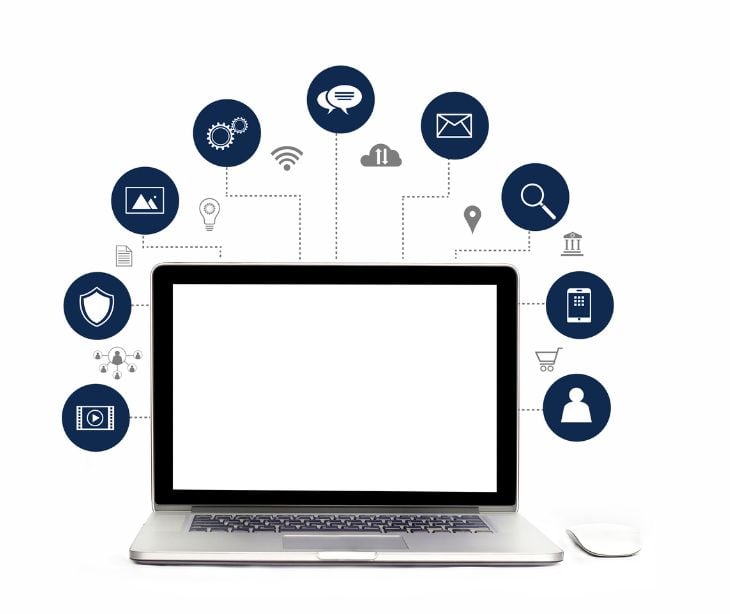
Healthcare providers may need to share their email lists in specific situations that align with patient care, operational requirements, and patient preferences. This should always be done with consideration for HIPAA's Privacy Rule.
HIPAA, CAN-SPAM, and the disclosure of email lists
Healthcare providers must carefully consider the regulations and privacy concerns outlined in frameworks like the HIPAA Privacy Rule before deciding to share email lists. Patient confidentiality and data protection are central in healthcare practices. While there are scenarios where patient information can be disclosed in line with specific healthcare operations, it is still necessary to respect patient preferences.
Any sharing of email lists should be approached cautiously and must adhere to both HIPAA guidelines and CAN-SPAM regulations. Transparency and obtaining appropriate patient consent, where necessary, are critical elements to ensure that patient privacy remains a priority in the sharing of email lists.
See also: What is the CAN-SPAM Act and how does it impact healthcare email?
When can healthcare providers share their email lists?
Healthcare providers can share their email lists under certain circumstances. Still, they should consider the context of the information being shared and the applicable regulations, such as the HIPAA Privacy Rule.
A few of these circumstances include:
- Treatment communications: Healthcare providers can share patient information, including email addresses, for treatment purposes without patient authorization. This means that if sharing email addresses helps facilitate patient care and treatment, it's generally allowed.
- Marketing: Sharing patient email addresses for marketing purposes requires patient consent. The HIPAA Privacy Rule defines marketing as using protected health information (PHI) to communicate about products or services that encourage recipients to purchase or use those products or services. Healthcare providers may not share email addresses for marketing purposes without obtaining explicit authorization from patients.
- Business associates: If healthcare providers use third-party contractors (business associates) to handle certain healthcare operations, including sending communications on their behalf, these business associates must adhere to the terms of their contract and the restrictions of the HIPAA Privacy Rule. Business associates must not use email lists for marketing purposes without proper authorization.
Note that there are other exceptional circumstances, such as subpoenas or court orders requesting the disclosure of email lists along with other patient information.
See also: HIPAA compliant email marketing: What you need to know
Criteria that must be met
- Authorization: Patient authorization is required for sharing patient emails for purposes beyond treatment and certain healthcare operations.
- Patient preference: Prioritize patient preferences and respect their choices regarding the sharing of their email addresses.
- Secure communication: Ensure email communications are conducted securely to protect patient data from unauthorized access.
- Transparency: Maintain transparency with patients about the purposes for which their email addresses will be shared and obtain informed consent.
- Privacy regulations: Adhere to relevant regulations, such as the HIPAA Privacy Rule, when sharing patient email addresses.
- Minimize disclosure: Minimize the amount of patient information shared and limit it to what is necessary for the intended purpose.
- Data security: Ensure email lists are stored securely, and access is restricted to authorized individuals.
- Consistent review: Regularly review and update your practices to align with changing regulations and best practices in safeguarding patient information.
- Patient education: Educate patients about how their email addresses will be used and the measures in place to protect their privacy.
See also: How to inform patients of a HIPAA breach
Subscribe to Paubox Weekly
Every Friday we'll bring you the most important news from Paubox. Our aim is to make you smarter, faster.



